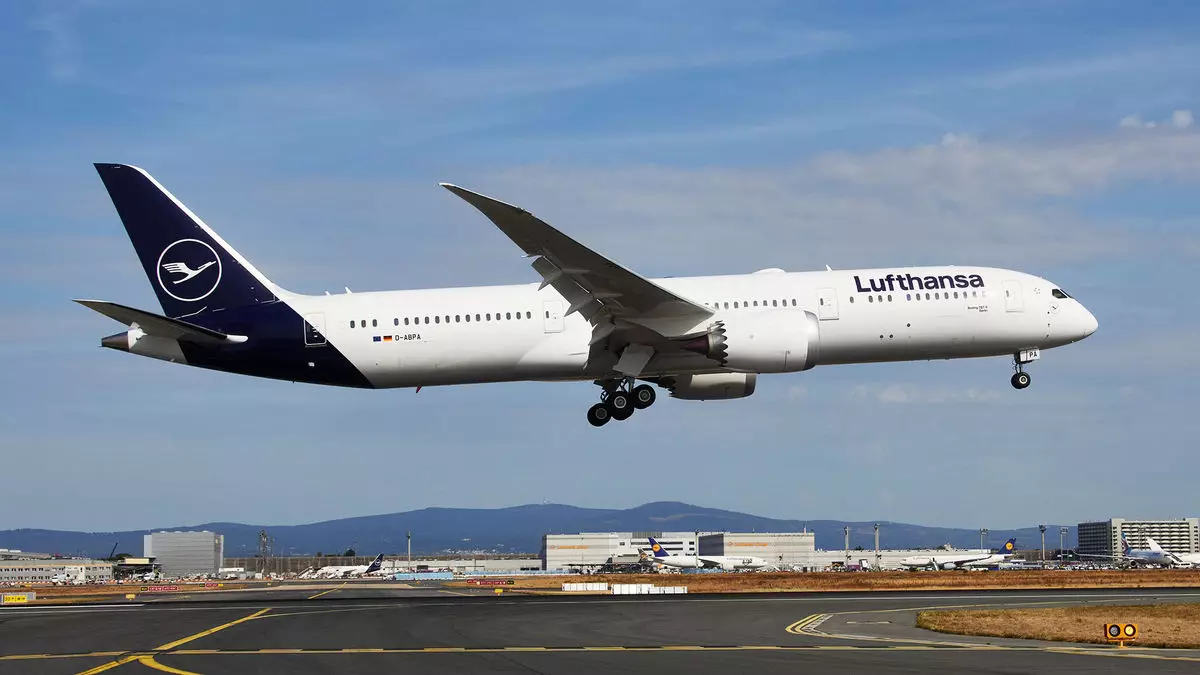In a notable enforcement action, the U.S. Department of Transportation (DOT) has imposed significant fines on Lufthansa and its sister airline, Swiss, for operating codeshare flights that violated established airspace regulations over Baghdad, Iraq. The repercussions of these violations reach beyond mere financial penalties; they underscore the persistent challenges and complexities faced by airlines navigating densely contested air routes while adhering to international regulations.
The DOT imposed fines totaling $220,000 on Lufthansa and $200,000 on Swiss, with the possibility of halving these penalties contingent on the airlines maintaining a clean operational record over the following year. The infractions occurred between March 2022 and April 2024 for Lufthansa and from February 2022 to March 2024 for Swiss. Central to this issue is a particular FAA regulation that prohibits flying below 32,000 feet in Baghdad airspace—an area marked by geopolitical tensions and heightened security concerns. While both airlines initially claimed compliance with the FAA regulation by submitting appropriate flight plans, they cited an inability to meet altitude requirements due to local air traffic control restrictions.
This incident raises profound questions about compliance mechanisms in international aviation. The FAA regulation aimed at safeguarding civil aviation ensures that airlines maintain safe operational standards, particularly in volatile regions. Yet, the argument presented by Lufthansa and Swiss—that they were impeded from executing compliant flights due to external control from local authorities—opens up a discussion on the effectiveness and practicality of these regulations in a real-world context. While airlines bear the responsibility for operational adherence, it’s problematic if external factors significantly hamper compliance.
The fines serve to illustrate a broader trend within the DOT’s regulatory enforcement landscape. The impositions against Lufthansa and Swiss add to a growing list of penalties levied against foreign airlines for similar infractions. With fines extending to Emirates, Etihad, Air Canada, and Ethiopian Airlines for violations related to airspace regulations, one must consider the implications of such ongoing enforcement actions on international air travel. Are these penalties fostering compliance or breeding resentment among airline operators navigating the complexities of geopolitical airspaces?
While the penalties imposed on Lufthansa and Swiss may serve as a cautionary tale for airlines operating under codeshare agreements, they also highlight the struggles inherent in compliance with stringent regulations in unpredictable airspace. The need for improved coordination between airlines and local air traffic authorities emerges as a crucial factor in ensuring not only regulatory adherence but, more importantly, the safety of air travel in high-risk regions. As the aviation industry continues to grapple with the repercussions of such regulatory frameworks, fostering a transparent dialogue between regulatory bodies and airlines could pave the way for a more navigable and safer airspace for all.


Leave a Reply